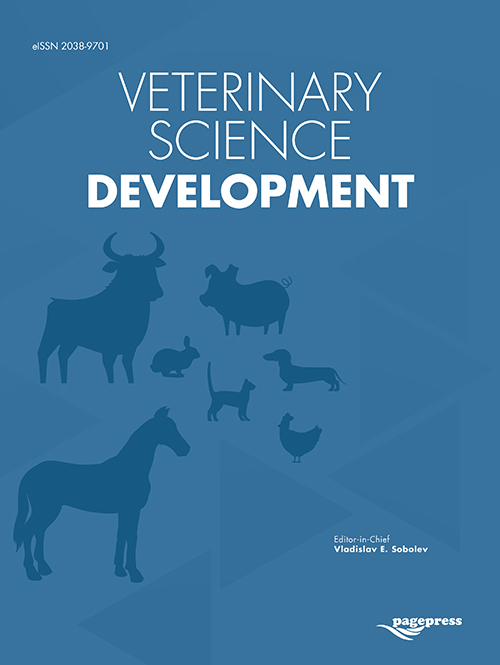Original Articles
28 October 2013
Vol. 3 No. 1 (2013)
Short-term alpha- or gamma-delta-enriched tocopherol oil supplementation differentially affects the expression of proinflammatory mediators: selective impacts on characteristics of protein tyrosine nitration in vivo

Publisher's note
All claims expressed in this article are solely those of the authors and do not necessarily represent those of their affiliated organizations, or those of the publisher, the editors and the reviewers. Any product that may be evaluated in this article or claim that may be made by its manufacturer is not guaranteed or endorsed by the publisher.
All claims expressed in this article are solely those of the authors and do not necessarily represent those of their affiliated organizations, or those of the publisher, the editors and the reviewers. Any product that may be evaluated in this article or claim that may be made by its manufacturer is not guaranteed or endorsed by the publisher.
5108
Views
1022
Downloads
299
HTML






